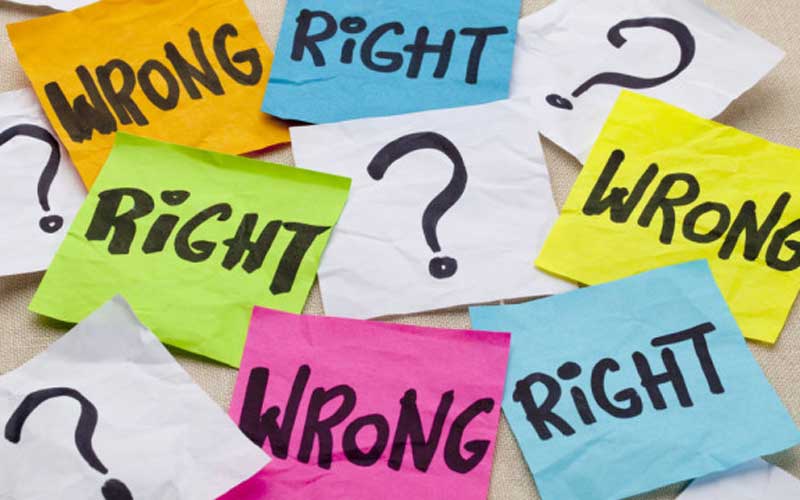
Ethics is the discipline that deals with what is good and bad and with moral duty and obligation.
Fact‑first reporting that puts you at the heart of the newsroom. Subscribe for full access.
- Unlimited access to all premium content
- Uninterrupted ad-free browsing experience
- Mobile-optimized reading experience
- Weekly Newsletters
- MPesa, Airtel Money and Cards accepted
